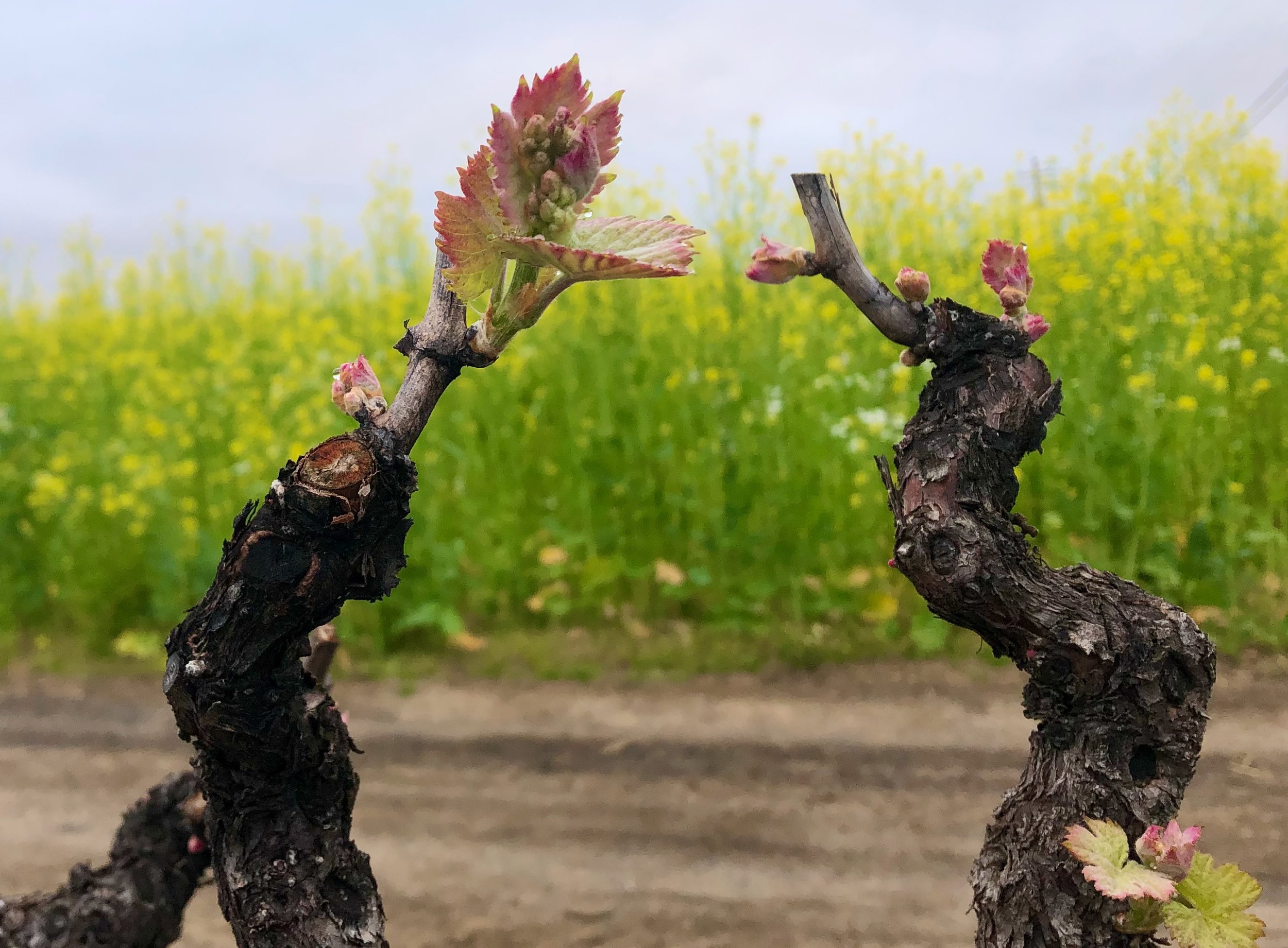Day 13: Neither can you bear fruit unless you remain in me
Matthew passes the dead branch with shriveled flowers to Mary, standing next to him. She turns it over in her hand, pondering what Jesus just said. “It’s true,” she says quietly. “This branch will never bear fruit.” The others nod. Jesus lifts his torch, so he can see the faces of his disciples more clearly. Moving the torch slowly around, he catches the eyes of each person.
“Neither can you bear fruit unless you remain in me,”
he says slowly, emphasizing each word. The disciples have come to expect metaphor and parable from Jesus’ teaching, and this feels similar, yet more profound in some way. Jesus observes the people he loves as they process this idea. He knows their responses well. Some purse their lips and nod, others stroke their beard, and still others cross their arms and look off into the night. Mary adjusts her head covering and furrows her brow. The metaphor seems evident on the surface – of course they want to be connected to Jesus and be fruitful like Jesus! But, what does he mean, exactly, by “remain in me?” Jesus hears their unspoken question and nods. He knows how difficult this teaching is for them.
Vineyard Metaphor
Bearing fruit is, after all, the whole point of the vine. In this metaphor, then, bearing fruit is the whole purpose of life. The fruit our life bears will only appear if we remain in a symbiotic relationship with Christ. It can be tempting to think that our life’s fruit is something we achieve mostly through our hard work. While we do participate in the work of fruitfulness, the greater power behind our fruitfulness is Christ. Our life’s fruit comes quite naturally through staying connected to the vine. Let’s turn to the vine to gain understanding.
As we’ve already seen, the buds that form over several seasons are packed with nascent leaves, tendrils, and fruit. Each bud holds the template and potential for a certain type of grape. Neither the branch nor the bud can decide to be cabernet or chardonnay. Even the vine submits to the will of the gardener who has either planted or grafted in a particular varietal. Once it is planted or the graft is secure, the vine holds the code for the kind of fruit forming inside the tiny buds. Chardonnay DNA produces chardonnay grapes. Cabernet DNA produces cabernet grapes.
As the vine pushes the life-giving DNA out to the branches during the spring, the buds swell and burst forth.
They have spent a whole year being developed in secret, and you can practically feel the joy of this moment when walking in the vineyard during bud break. The leaves and the tendrils sprout first, all pink and fuzzy.
Then comes the miraculous inflorescences. Inflorescences are the evidence and promise of fruit. They start out as a microscopic cluster of nodes on a stem, called a panicle, tucked inside the bud. Shortly after the tiny panicle is pushed out from the bud, the inflorescences turn into miniscule flowers. The flowers are pollinated and, eventually, turn into grapes. All this is only possible because that branch has stayed connected to the vine over the seasons.
Reflection and Meditation
This metaphor reminds us that we are recipients of the life of the Vine.
Just as the branch does not choose what kind of grapes it will produce, neither do we choose our own fruit if we are attached to the Vine.
The mystery of the bud and the tiny inflorescences developing in secret is the same mystery of our own transformation. Whatever the Vine is developing in us, in the secret parts of our life, will burst forth during the spring season, to the great joy of the Gardener in anticipation of a future harvest.
Take a moment to sit with this metaphor. Perhaps you’d like to ask the Holy Spirit to fill you with the DNA of Christ, to develop in you whatever fruit is required for this season’s harvest in your life. Let God know your situation and share your concerns with God.
Is there a sense that you want to control what kind of fruit you want to bear?
Take time to confess and let go. Submit to the love of the Vine and the Gardener. What would it be like for you to relax, knowing that your fruitfulness comes not primarily from you, but from Christ’s DNA?
“Genuine transformation requires vulnerability. It is not the fact of being loved unconditionally that is life-changing. It is the risky experience of allowing myself to be loved unconditionally. ”

